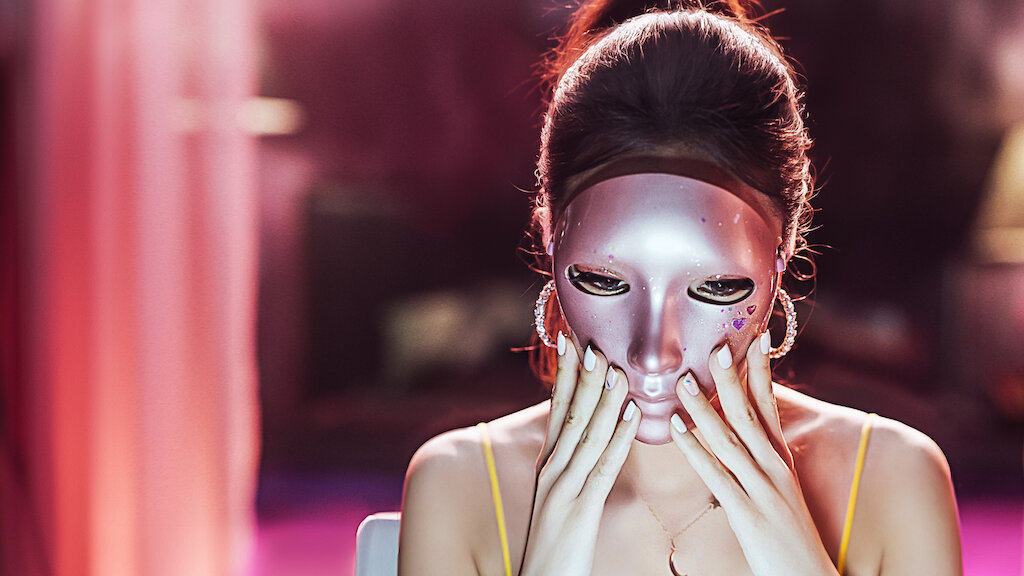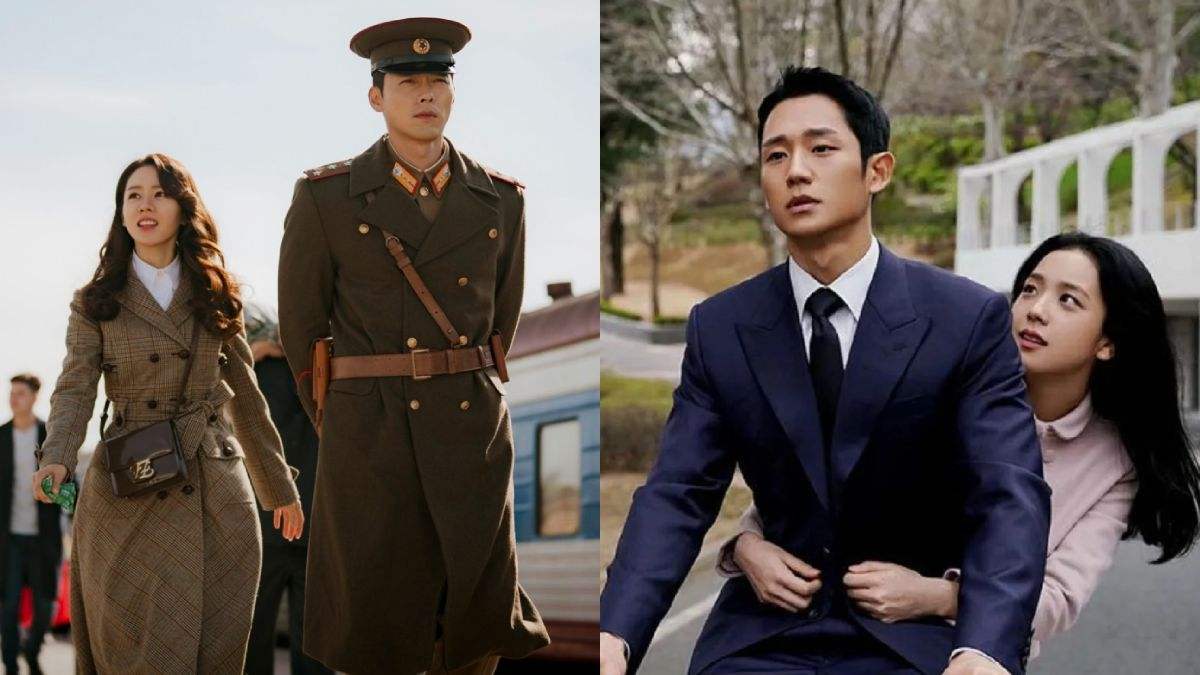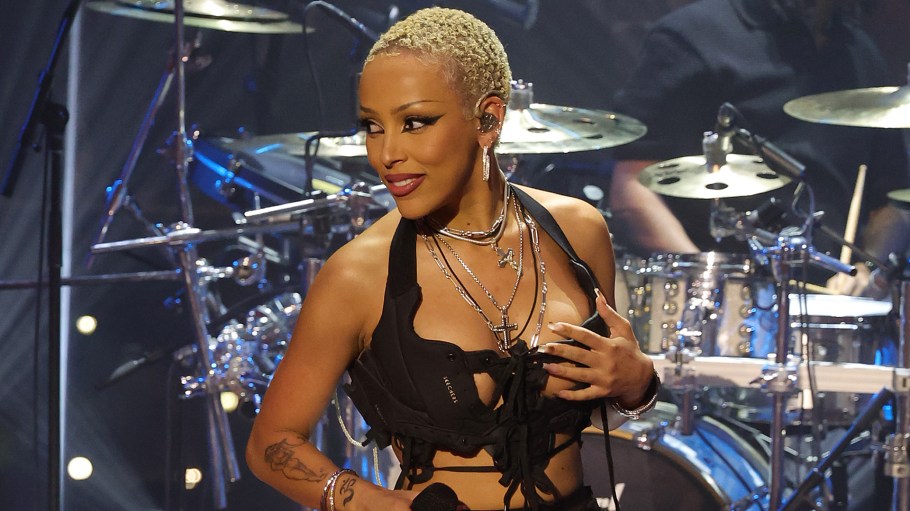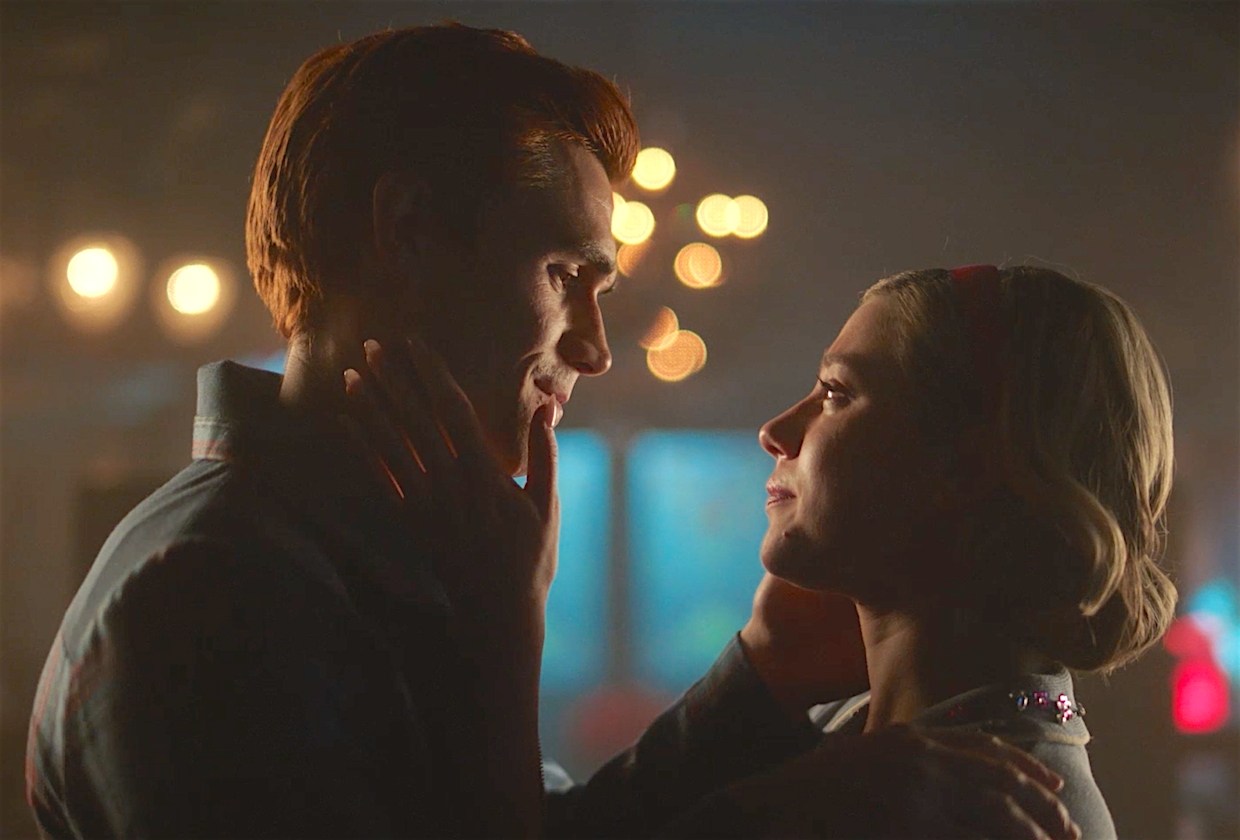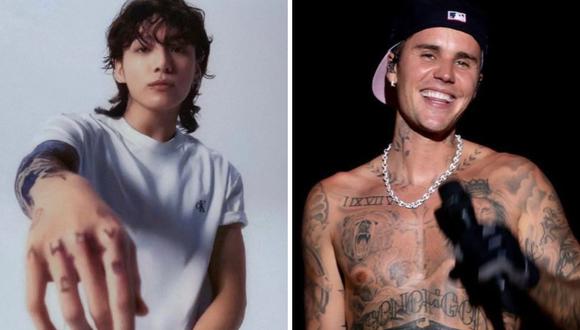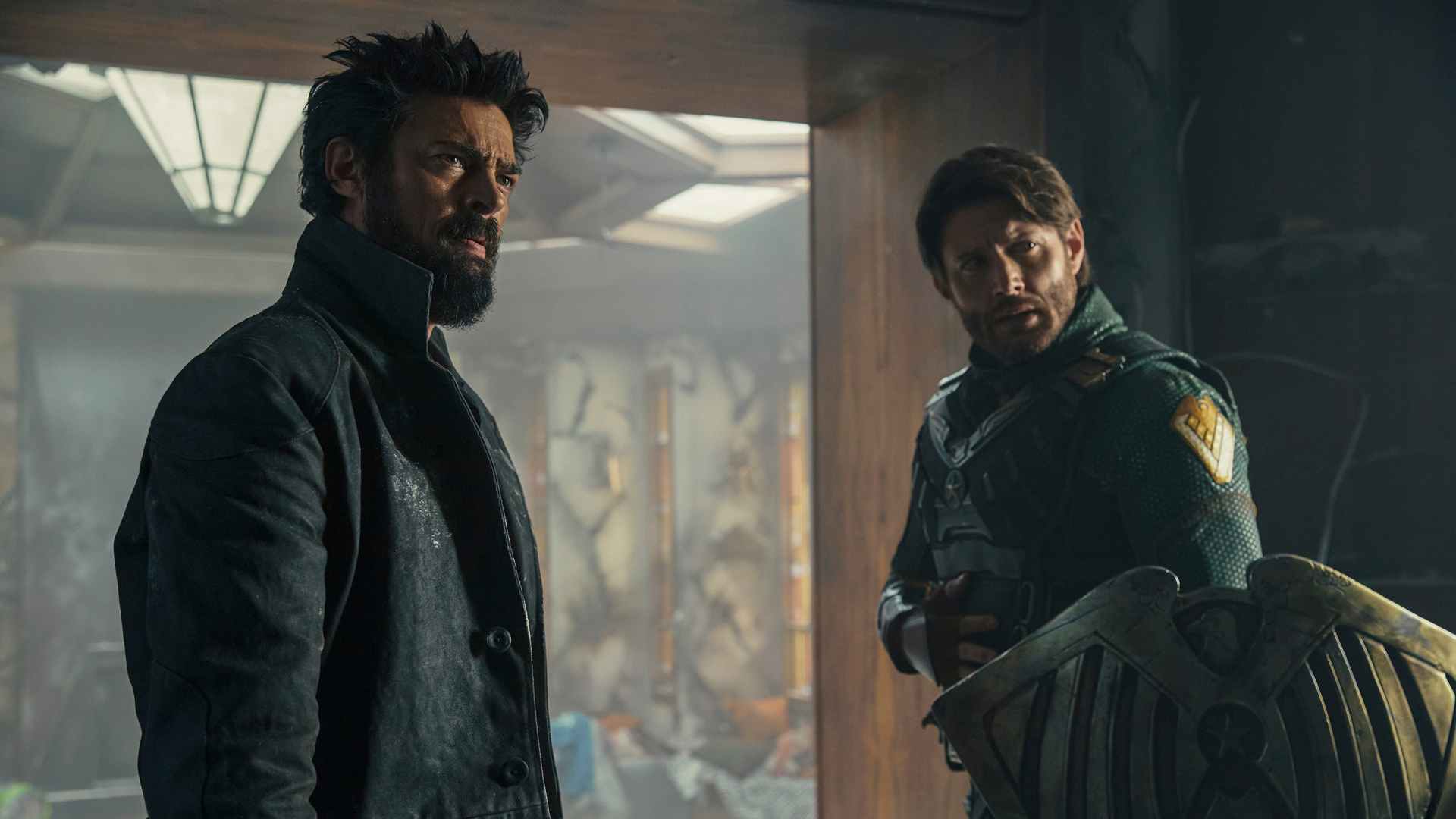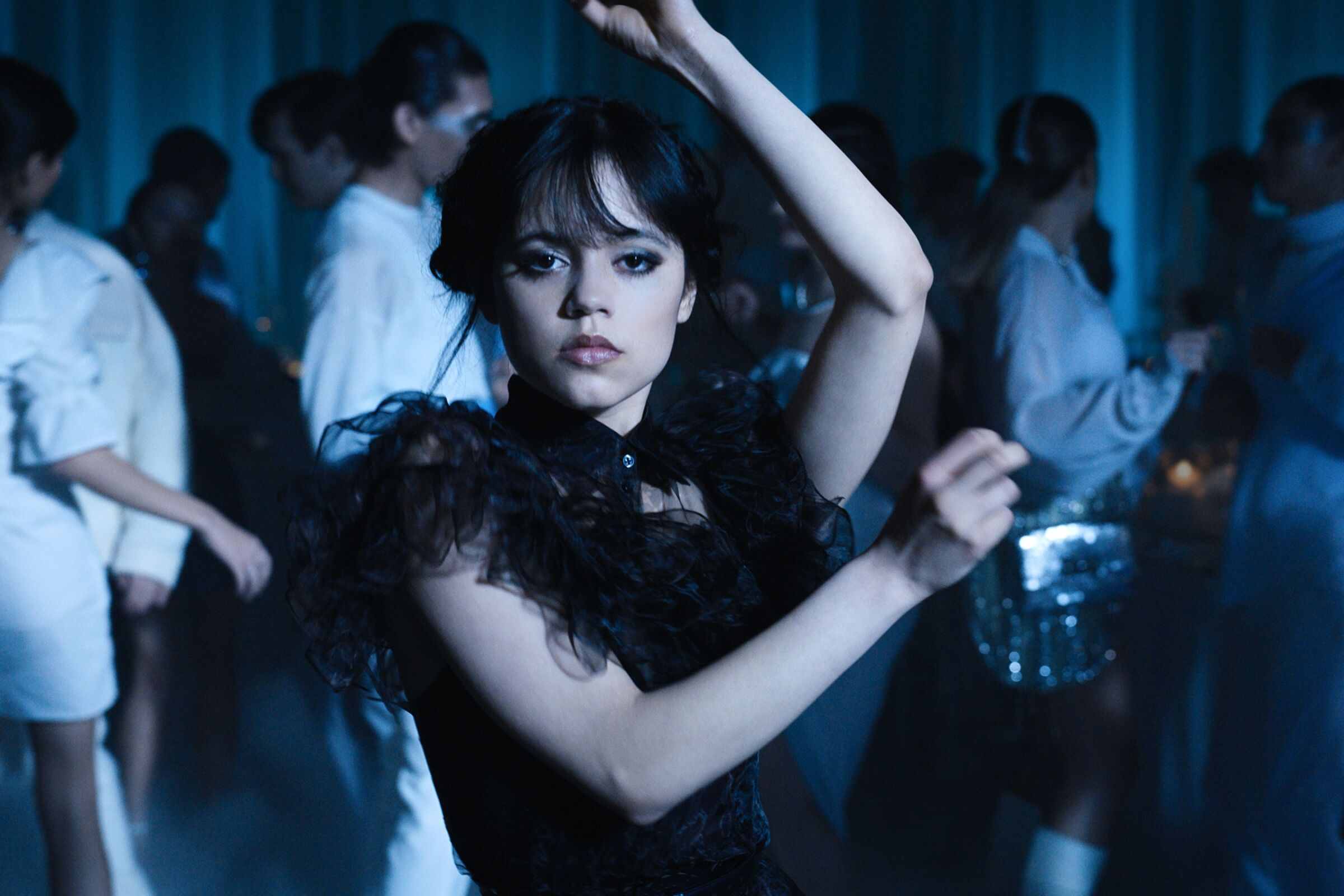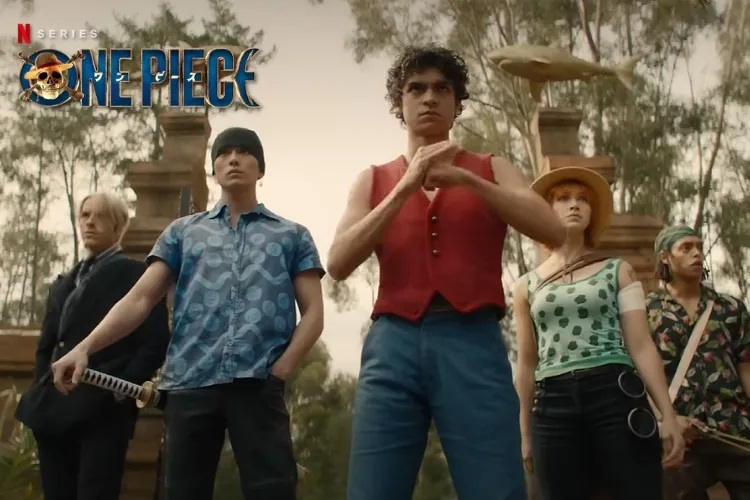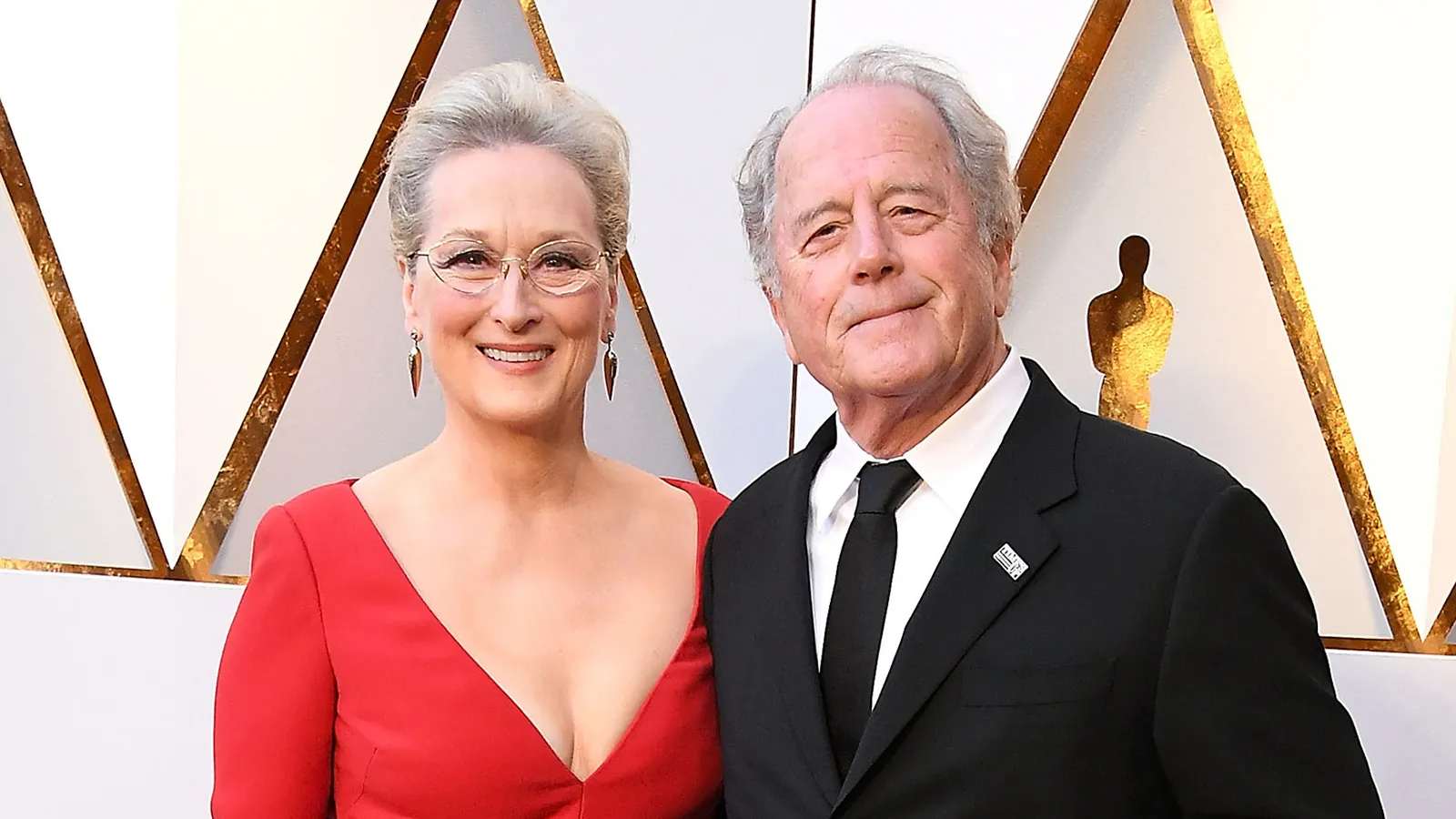How Is Mask Girl Different From Other Thriller Kdramas
In the realm of Korean entertainment, the convergence of riveting storytelling and captivating visuals often takes two distinct forms: the immersive allure of K-dramas and the edgier excitement of Korean cinema. Netflix’s latest offering, Mask Girl, deftly bridges the gap between these two genres, creating a mini-series that captivates with its unpredictability and challenges traditional narratives. Join us as we delve into a review, analysis, and our impressions of this enthralling new Korean series.
An Unconventional Blend of Styles
Mask Girl emerges as a seamless amalgamation of the best aspects of K-dramas and the thrilling vibes of turn-of-the-century Korean cinema. In a landscape where glossy pop music and soapy dramas have become the norm, Mask Girl stands out as an edgy alternative. The show’s creators, much like the trailblazing filmmakers who introduced transgressive Korean cinema two decades ago, infuse a sense of rebelliousness into the series. The result is a narrative that critiques idol culture and confronts deeply rooted misogyny, a critique that resonates even among those who adore Korean culture.
Narrative Structure and Themes
Spanning seven gripping episodes, Mask Girl unfolds as a darkly comic social satire, transitions into a revenge saga, and eventually takes on a melodramatic tone in its third act. The narrative weaves through time, with flashbacks transporting viewers to the 1970s and flash-forwards to the present day. At its heart lies the poignant tale of Kim Mo-mi, a young woman whose dreams of stardom are stifled by societal norms. Throughout her journey, the show tackles themes of appearance-based judgment and the effects of social isolation.
A Unique Protagonist
Mo-mi’s character development subverts traditional storytelling norms. The series avoids casting her as a mere victim, opting instead to portray her as a multifaceted character. The narrative allows audiences to explore perspectives from various characters, offering a fresh and engaging viewing experience. By delving into the minds of diverse individuals, Mask Girl presents a high school drama, ventures into the realm of young love, and even pays homage to iconic films like Scoop and The Shawshank Redemption.
Empathy and Filmmaking
Directed by Kim Yong-hoon, Mask Girl thrives on his masterful filmmaking, maintaining a cohesive tone throughout. The director’s deep empathy for the complex protagonist shines through, making it easy for viewers to connect with Mo-mi’s struggles and aspirations. Kim Yong-hoon’s steady hand ensures that the story never veers into the realm of ridiculousness, offering an elegant portrayal of the narrative’s unique blend of genres.
Entertainment at its Core
Above all, Mask Girl is undeniably entertaining. It strikes a balance between social commentary, sharp satire, and engaging storytelling. Unlike shows that prioritize solving societal issues, this series remains dedicated to its genre roots. The narrative consistently keeps audiences engaged, ensuring that every episode delivers both emotional depth and suspenseful thrills. As we explore the labyrinthine paths of Mo-mi’s journey, we’re reminded that entertainment remains at the core of Mask Girl‘s purpose.
In the evolving landscape of Korean entertainment, Mask Girl stands as a testament to creative innovation and daring storytelling. By seamlessly merging the allure of K-dramas with the edgier appeal of Korean cinema, the series captures the essence of both worlds.
With its dynamic characters, layered narratives, and empathetic direction, Mask Girl emerges as a must-watch for fans seeking a fresh and captivating thriller experience.
Also Read: Destined With You: K-DramaI Release Date, Cast, When And Where To Watch All Episodes
